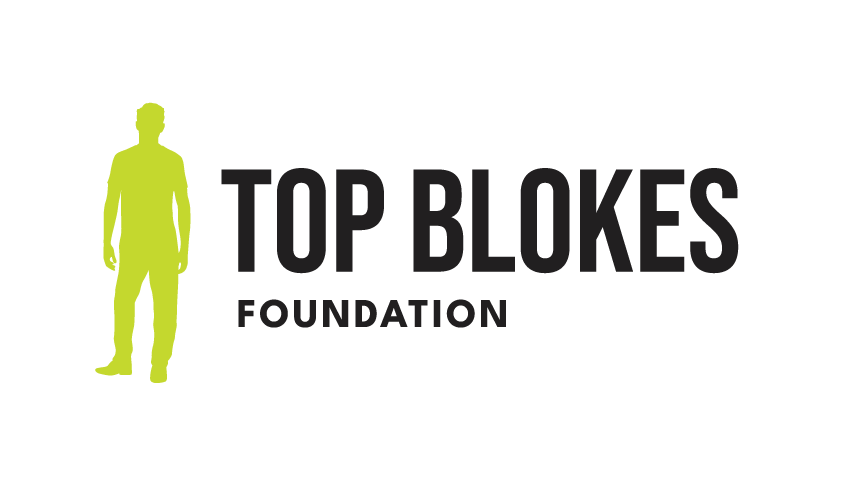(and we don’t mean cats that fish or catching a catfish)
We all hear the stories. False accounts on social media. People pretending to be someone they’re not. Weird messages from someone claiming to be your nan stuck at the Coles checkout, and you need to deposit $865.
Maybe someone attractive sends you a nude. You return the favour. Next thing you know…they’ve threatened to share your image with your family or friends if you don’t send them online game credits, gift cards, money, etc.
Whatever the situation, we’re seeing an uptake in the activity known as catfishing, and teenage boys seem to have a target on their backs.
So, what is catfishing?
Catfishing refers to the act of creating a false identity online to deceive others. The motives behind catfishing can vary, from seeking attention and validation to scamming or emotional manipulation. Catfishers often establish relationships by forging emotional connections, gaining the trust of their victims, and eventually exploiting it for personal gain.
Fake names, fake friends and fake photos are created to trick victims into believing these relationships are real. Once tricked, the catfisher might also request money, images, or other means to blackmail the victim. It’s basically all about manipulation to gain power over someone.
Let’s look at some examples:
Emotional manipulation: A catfisher might pretend to be someone else and engage in a romantic relationship with you, exploiting your emotions and trust.
Financial exploitation: This type of catfish extorts money from you by posing as individuals in need or inventing heart-breaking stories to gain sympathy and financial assistance.
Cyberbullying and revenge: These catfishers use personal information shared by you to humiliate, embarrass, or blackmail you.
Doesn’t make us feel good
Being a victim of catfishing can have a real negative impact on your mental health and how you view yourself. The level of deception and betrayal can cause such a high level of distress that can lead to anxiety, depression, or feelings of low self-worth. Jacob, Regional Coordinator at Top Blokes Foundation explains more.
“It can also really impact your level of trust in others, making it hard to establish genuine relationships both on and offline. There’s also a feeling of shame. Teens are often reluctant to share their experiences because they feel embarrassed, and this can lead to feeling alone and isolated.” – Jacob –
How to protect yourself
The good news is there are some proactive steps you can take to minimise the risk of falling victim to catfishing.
- Be cautious when interacting with people online that you haven’t met in person. Look closely at their profiles, photos, and stories for any inconsistencies. Trust your instincts and avoid sharing personal information too quickly.
- Do a Google image search. This feature is awesome. You can search the image of a person you’ve met online. If multiple profiles surface, there is a good chance you’re talking to someone who isn’t who they say they are.
- Guard your personal information. Limit the amount of personal information shared online, such as your address, school name, or phone number. Be mindful of what you post on social media platforms, and check your privacy settings. The eSafety Guide has information on how to do this on different platforms.
- Be wary of online relationships. Maintain a healthy scepticism when forming emotional connections online. Take your time getting to know someone and never send money or provide financial assistance to someone you’ve only met online. Remember – as stated by the eSafety Commissioner – a person who asks for, accesses, possesses, creates or shares sexualised images of someone under 18 may be at risk of criminal charges – even if you agreed to it.
And for any parents or carers reading this…keeping communication lines open between you and your teen is always going to be key. Encourage open and honest conversations at home so your teen is comfortable and safe discussing their online interactions and any issues or concerns they might have.
“If you don’t feel comfortable talking to your immediate family, make sure you have a trusted adult like a teacher or coach to talk to, or chat with your Top Blokes Youth Mentor.” – Jacob –
Block, report – don’t be ashamed
If you are ever in doubt and you feel like something isn’t going well, then tell a trusted adult. Don’t be ashamed, and don’t keep it to yourself. Block and report the profile, and report it to the police or eSafety Commissioner as well. By doing this, you’re not only keeping yourself safe, but also the countless others that may fall victim to these catfishers.
Whoever you interact with online, whatever you do, make sure you navigate the digital world safely and confidently.
For more information:
- Image based abuse information – if you are worried something you have sent, or the catfish has access to intimate images
- Esafety Commissioner
- Youth Law Australia
- Think U Know




